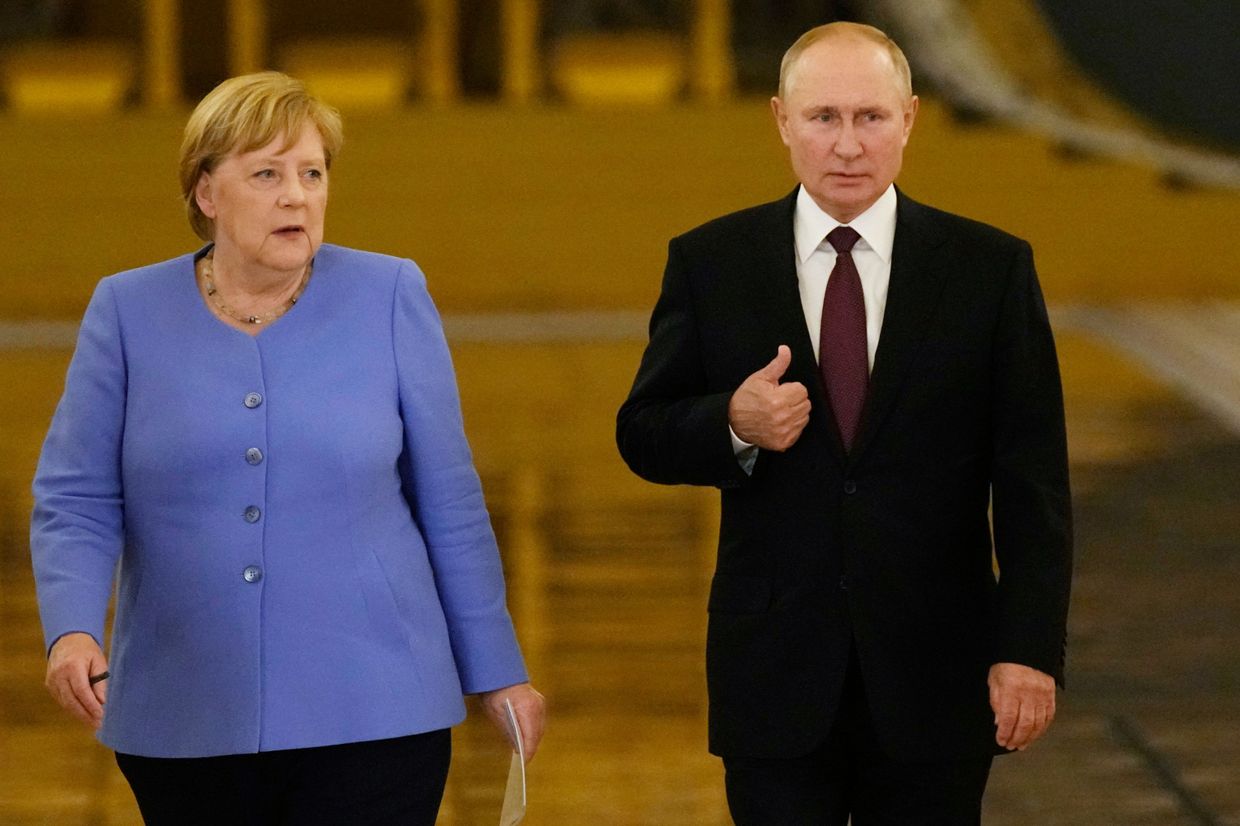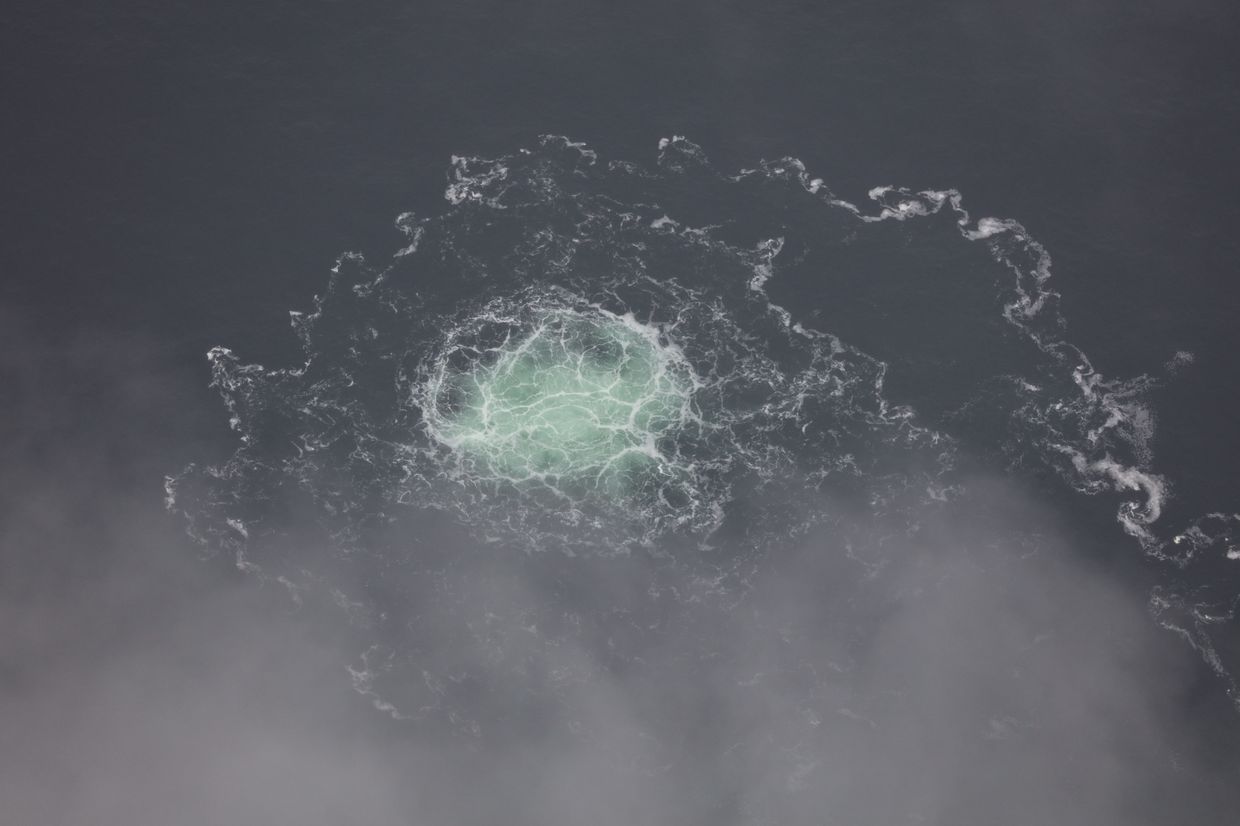Ukraine's Presidential Office denies Kyiv's involvement in Nord Stream blasts

Ukrainian presidential adviser Mykhailo Podolyak on Aug. 15 denied Kyiv's involvement in the Nord Stream explosions after recent media reports pointed to Ukrainian citizens as suspects.
"Such an act can only be carried out with extensive technical and financial resources... and who possessed all this at the time of the bombing? Only Russia," Podolyak said in a written comment for Reuters, reiterating Ukraine's position.
The statement comes after several German outlets wrote that Berlin issued a European arrest warrant for Volodymyr Z, a Ukrainian diving instructor allegedly involved in the September 2022 explosions.
The man—identified by the Swedish outlet Expressen as 44-year-old Volodymyr Zhuravlov—is believed to have resided in Poland but, according to Polish authorities, left for Ukraine in early July 2024.
At least two other Ukrainian nationals – a man and a woman – are also considered suspects, the German media investigation said. In a separate story, the Wall Street Journal (WSJ) wrote that six people, including trained civilian divers, carried out the operation while sailing on the Baltic Sea in a small rented yacht.
The WSJ also claimed that, according to undisclosed official sources, President Volodymyr Zelensky initially sanctioned the operation but later ordered it aborted. Valerii Zaluzhnyi, then-Commander-in-Chief of Ukraine's Armed Forces and the current ambassador in the U.K., went ahead with the operation anyway, the WSJ wrote.
While the German probe now focuses on Zaluzhnyi and his aides, the investigators have no evidence of their involvement that could be presented in court, the outlet alleged.
The Kyiv Independent could not verify the claims, while Zaluzhnyi has denied the accusations as a "provocation" in a comment for the WSJ.
Echoing Zaluzhnyi, Podolyak said that "Ukraine has nothing to do with the Nord Stream explosions" and that Kyiv had nothing to gain from them.
The explosions occurred on Sept. 26, 2022, on three of the four Nord Stream 1 and 2 gas pipes connecting Russia to Germany via the Baltic Sea.
Germany, Denmark, and Sweden launched their own investigations into the incident, though the latter two countries dropped the probe earlier this year. The West and Ukraine have repeatedly traded accusations with Russia over the explosions.
Some German investigators have previously linked the explosions to Ukraine, accusing a crew of Ukrainians of carrying out the sabotage, but did not say whether it was officially authorized by Kyiv.
Sources with knowledge of the German investigation told the Wall Street Journal in January 2024 that they believe the attack was launched from Poland and said that the Polish government has been hesitant to provide information to investigators and withheld other evidence.
In January 2023, investigators said they had discovered traces of explosives on a boat they believed transported the charges used in the blast.
The construction of Nord Stream 2, which began in 2018, came under heavy criticism from the U.S., Ukraine, and other European countries. The new gas pipeline threatened to deepen the energy dependency of the EU's leading economy on Russia and effectively create a new leverage for Moscow.
While completed in 2021, the pipeline was never put into service. German Chancellor Olaf Scholz suspended its certification in February 2022, shortly before the start of the Russian full-scale invasion of Ukraine and a breakdown of relations between the EU and Russia.















